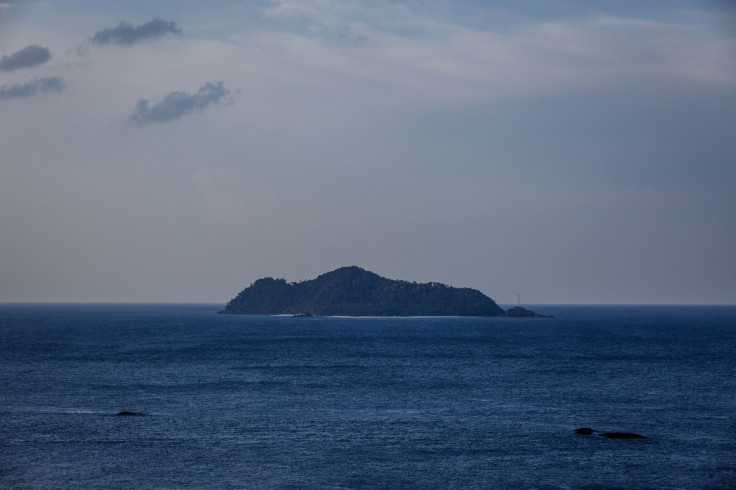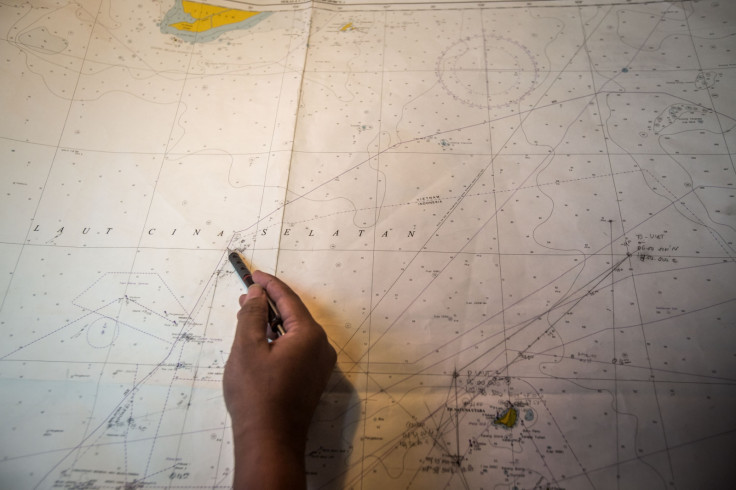How many islands does Indonesia have? Asia Pacific nation tries to get exact count
A 1996 law included 17,508 islands in the world's biggest archipelago.
Indonesia has decided to count its islands to protect its territory and resources.
The world's biggest archipelago has so many islands that it did not bother to keep track of them. But Jakarta is now worried and wants to get an exact count of them for a United Nations meeting in August.
Indonesia thinks, getting them all registered on the UN will help it protect its vast territory and its rich fishing resources, the BBC reported.
"An island is a naturally formed area of land, surrounded by water, which is above water at high tide," according to the UN Convention on the Law of the Sea (Unclos). Besides, an island can only be officially recognised if it is known by at least two people of the country.
Islands of Indonesia
A 1996 law includes around 17,508 islands but that is only an estimate. At the 2012 UN Conference on the Standardisation of Geographical Names, Indonesia listed around 13,466 islands, which it had located and named. But at the next meeting in August 2017, the Indonesian government is hoping to list at least 1,700 new islands.
"That's our list at the moment but the number will probably go up because we are in the process of validating and verifying islands right now and we will keep doing this till the end of July.
"We have to visit every one of these islands, and then we note the coordinates, the name, the meaning of the name, the history of the land and describe the landscape and its geographical history. We document all that in great detail and bring it back to the central team," Balok Budiyanto, an official leading the team from the Ministry of Marine Affairs and Fisheries, said.

Getting a definite number could be an endless task, as the counting group continues to find new islands "created due to earthquakes and volcanic eruptions", Budiyanto added.
Why is the government so keen on the exact number?
The Indonesia government is keen on the exact count reportedly to protect its territory and resources. If the islands are officially registered with the UN, the country can claim its dominion over the surrounding waters, which are disputed by neighbouring countries.
Susan Herawati from the Coalition of People for Justice for Fisheries (Kiara) told the BBC that "60% of islands in Indonesia don't have a name or officially have legal status, so they can easily be taken or claimed by another country".
In 2002, Malaysia took over two islands of Indonesia after the International Court of Justice (ICJ) ruled against it in a territorial dispute. Jakarta also lost two to Timor-Leste when it got freedom.
Officially listing the islands would also help the Indonesian government secure them from private companies, Herawati said. She cited the example of an island near the Gili islands off Lombok – a popular tourist spot – which has been captured by a private resort for business.
"There were 109 families who were kicked out of the area because it was being developed for tourists. This is about our identity as a nation. By clearly listing our islands then our fisherman have legal protection and rights over the islands and our ancestral seas," Herawati added.

© Copyright IBTimes 2025. All rights reserved.





















